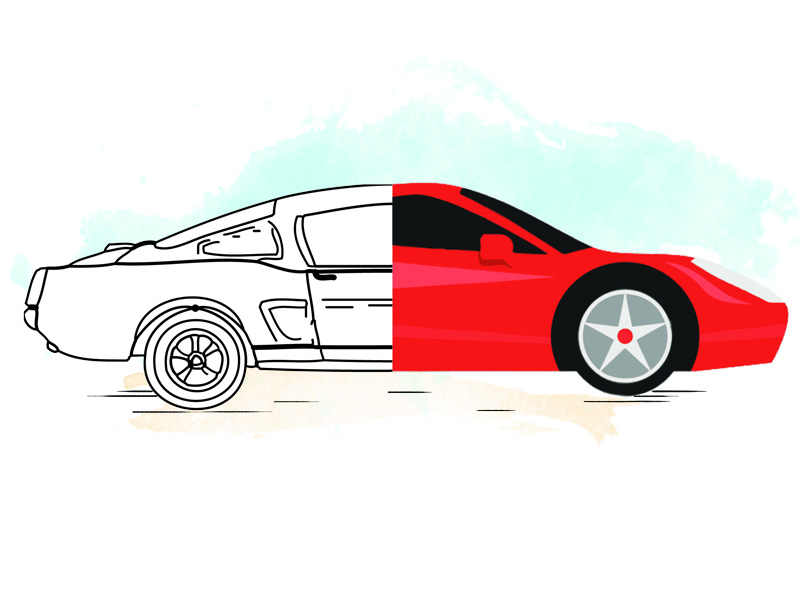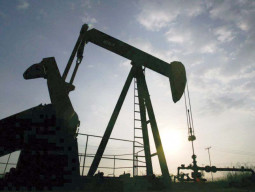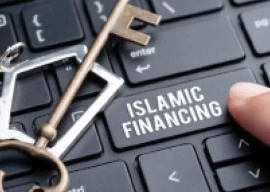
Not many Pakistanis know that both industry giants are leading innovators of electric-electric hybrid cars. Both giants see enormous potential for utility for automobiles using cheap and clean energy.
Though this move was an unexpected surprise to the scribblers of 2016-2021 auto policy, the French Renault and Korean-Japanese Hyundai will possibly stir things up for other local competitors.
Pakistan’s first public charging station opened for hybrid, electric vehicles
Toyota and Honda, both vigorously embracing tectonic demand shifts, won’t be mere spectators.
Exactly a year ago, Pakistan’s armchair ministers and regressive bureaucrats approved the auto-policy, which satisfied their threshold of foreign investment and job creation within the next five years.
Environment friendly auto policy?
The policy was also aiming to “restructure the industry on a new paradigm conforming to international practices; encouraging the industry to procure new technologies and management systems to increase efficiency and promoting pollution mitigation measures to protect public health.”
If technology-savvy, futuristic experts had any say, the policy would not have routinely referred to ‘new technologies’ and callously mentioned ‘promoting pollution mitigation measures.’
With more stringent environment protection policy instead of ineloquent ‘pollution mitigation’ pledge, the government could have clearly spelled out CO2 emission standards similar to the EU policy.
Correspondingly, greater incentives for renewable-run as well as vehicles with each of the three-hybrid technology types can list Pakistan amongst the countries which not only care for technology of the future but also have a vision for reduction in hydrocarbons for the sake of environment.
While the policy did refer to massive inflow of refurbished imported cars owing to sale of low-quality vehicles at high prices by the trio of Japanese assemblers, it failed to chalk out stringent improvement in regulatory measures.
Pakistan’s first-ever hybrid rocket readying for launch
The refurbished Japan-assembled Toyota Prius, for instance, was not only cheaper than the locally made Corolla but also offered better mileage per liter besides far better features including safety. Since the first generation hybrid cars are already popular in the country despite their limited supply, incentivising tomorrow’s technology sure can help reduce the country’s whopping oil import bill.
Within five years, Renault, Hyundai, Toyota, Honda, Volkswagen or Nissan will start supply locally manufactured cars to the market. Special incentives for battery-hybrid or electric-electric hybrid car production can’t make better sense than helping save few billion dollars in oil import revenue while keeping the environment clean and improving the road safety levels.
Though Tesla has not started offshore manufacturing so far, it sees Pakistan as a sizeable market for its most affordable forthcoming vehicle, Model 3, which is set to hit the roads by 2018.
Models to look out for
Toyota’s Mirai, Hyundai’s Ioniq, Nissan’s Leaf, Renault’s Zoe all address three different market segments.
Prius’ successor Mirai–Japanese word for miracle–takes hybrid technology to an all-new level. The car, set to hit US market this year and the UK next year (right-hand drive version), runs on compressed hydrogen alongside surplus electricity-storing batteries.
Super-charging Ioniq is set to hit the British road next year as well. Though not as sci-fi as Mirai, it is a high-performance electric car which comes with features such as instrument cluster panels, LED lights, parking sensors and so on.
Case for electric cars
Pakistan could not have been more suited to revolutionising its automobile industry than it is now. The network of motorways and highways stretching from Sust border post to Gwadar and Karachi bring forth a novel opportunity of making them friendly for electric-hybrid vehicles of the future which will range from heavy duty-freighters and buses to light-commercial trucks and family Sedans.
Installation of wind turbines at every 150 kilometers along the motorways and highways will not only help produce renewable energy for road-lamps but also enable to charge electric cars.
Critics of electric cars must know that the issue of charging is not only restricted to Pakistan. Britain had a few electric car charging stations a decade and half ago but today, the country boasts a network of 80,000 super pods.
Moreover, the electric cars – Tesla Model 3, Ioniq, Leaf or Zoe – can also be replenished in home garage besides charging points in the metropolis or along the GT Road and the Motorway.
Though based on super-advanced and clean technology, Toyota Mirai will require filling its twin cylinders with compress hydrogen. An exclusive network of compressed hydrogen stations will have to be created to keep Mirai moving with zero carbon emissions and at much less expense than hydrocarbons.
As for costs, banks can finance and insure the electric cars with greater confidence than ever before. Cars are low on maintenance, high on performance and laden with collision avoidance sensors. Over the past decade, price of batteries as well as hybrid vehicles has shrunk tremendously.
Except Tesla, all other brands will be in a pickle over pricing hybrid cars versus the conventional ones. Brand would work hard to avert hybrid models to cannibalising the market share of its petrol or diesel vehicle of the same class. The companies’ policies will initially be dictated by availability of hybrid-enabling infrastructure but later the dilemma will emerge.
If Islamabad pin priority to lessoning dependence on hydrocarbons, modernising transportation means and cutting carbon emissions, then it must offer additional incentives for electric-hybrid vehicle-manufacturing in Pakistan besides planning to set up vital charging stations along the main routes as well as major metropolises.
Lamborghini open to considering all-electric supercar: CEO
Pakistan has to decide whether it desires to become a dumping ground for yesterday’s costly and polluting vehicles or synchronise itself with tomorrow’s technological feats coming at lessor cost and higher dividends.
The writer is a Pakistani investigative journalist and academic with extensive reporting experience in the Middle East and North Africa. He tweets at @naveed360
Published in The Express Tribune, March 20th, 2017.
Like Business on Facebook, follow @TribuneBiz on Twitter to stay informed and join in the conversation.



1731655243-0/BeFunky-collage-(61)1731655243-0-165x106.webp)













COMMENTS (16)
Comments are moderated and generally will be posted if they are on-topic and not abusive.
For more information, please see our Comments FAQ